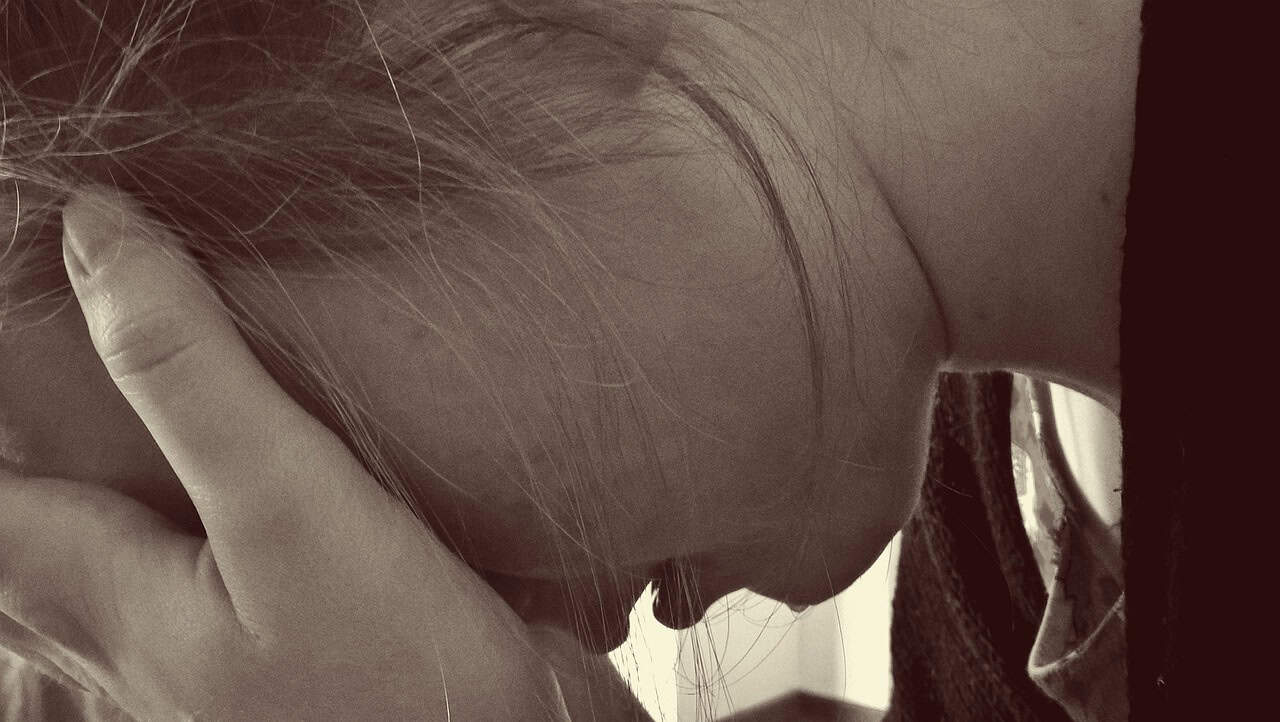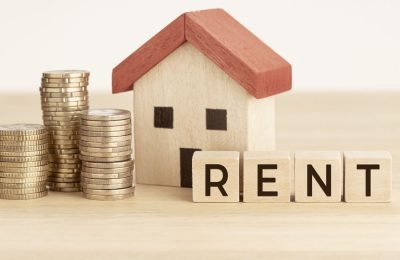Whilst John Swinney settles into his post as First Minister, many in the housing sector consider how they can reset relations with the SNP government, and what the new administration will do with the contested Housing Bill, there remains one area within the proposed new statute that should be scaled up, rather than scaled back.
Part 5 of the new Bill contains some forward-thinking and important policy developments aimed at protecting and assisting victims of domestic abuse. The shortcoming in this aspect of the legislation – it only applies to the social rented sector.
This is important because domestic abuse does not discriminate on the basis of tenure or tenancy type, but the latest police figures show that 90% of instances of domestic abuse occur in the home. When you consider that this is 90% of the nearly 62,000 incidents of domestic abuse recorded by police, and that Women’s Aid report that women will be assaulted 35 times before contacting police, the numbers are quite staggering.
The recognition of domestic abuse as a crime, the inclusion of coercive and controlling behaviour within its definitions and the creation of domestic abuse protection notices and orders made possible by the Domestic Abuse (Scotland) Act 2018 and the Domestic Abuse (Protection) (Scotland) Act 2021 are all welcome and necessary steps to deal with this highly dangerous and often hidden issue.
The developments outlined in part 5 of the Bill are correct and necessary steps in a legislative framework to embed awareness of the issue across public policy and allow landlords to address some of the power imbalances that are usually at the heart of domestic abuse.
Part 5 makes provision that means that every social landlord must prepare and publish a domestic abuse policy “on how it will exercise its functions in relation to the needs of tenants who the landlord has reason to believe have experienced, are experiencing or are at risk of domestic abuse, with a view to preventing homelessness”. Furthermore “A landlord must, in exercising its functions, have regard to its domestic abuse policy.”
A further provision states that where social landlords take action to recover possession on the grounds of rent arrears, and the landlord partly or wholly considers that these arrears have occurred due to domestic abuse, then the landlord must take steps to support the tenant and signpost them to more specialist support.
Whilst it can be argued that neither of these provisions is ground breaking, and many social landlords will already have domestic abuse policies in place and will be considering these issues, to impose them is a statement of intent and a signal of the governments continued commitment to victims of domestic abuse.
To omit the private rented sector, and its 340,000 homes from this is a missed opportunity. All the more so as, according to the Scottish Governments own statistics, this sector has doubled in size since 1999. There would of course be difficulties in this for small scale private landlords, those that perhaps let one or two properties as an individual, however letting agents have the size, scale and policy frameworks in place that these new obligations could easily sit alongside.
The technical argument for omitting the private rented sector in the writing of the legislation is that the sections in question include amendments to the Housing (Scotland) Act 2001, which is concerned only with local authority and registered social landlords, however this is no more than a technicality that could have been worked around to ensure some parity across the rented sector on this particular issue.
This is not to suggest that the creation and publication of domestic abuse policies alone changes anything. In fact, the Chartered Institute of Housing (CIH) published a critical report in April 2023 criticising many social landlords domestic abuse policies for using incorrect definitions, outlining principles but lacking in actions, failing to provide staff guidelines, and ill-informed reliance on the reporting of domestic abuse to drive and engage the policies.
The report did note that those that had successfully embedded domestic abuse policies had gone through a thorough process of engagement, collaboration, and training.
Vital learning points
These learning points are vital for social landlords as they seek to improve their processes, but also provide a solid foundation upon which private rented sector can seek to build a policy and procedure around domestic abuse, learning from the mistakes of earlier iterations. Any adoption of policies and procedures, particularly in such a sensitive and potentially life-threatening area (two women a week are murdered by their partner or ex-partner according to Women’s Aid) must be authentic and whole heartened.
Some may argue that the private rented sector should not be included precisely because it is not “social” and does not get involved in the lives of tenants in the same way that a social landlord has a wider role in building and sustaining communities. However, the obligation to take notice and act when confronted with, or suspecting of, domestic abuse is about individual tenants.
All landlords are given a unique perspective on the lives of their tenants. They will be aware of their financial situations, who lives with them, the conditions of their home and possibly take complaints from their neighbours about them. At all these junctures, landlords could be aware of, or suspect domestic abuse; perhaps through control of finances, overheard arguments, or requests to change tenancy agreements. To introduce a system of safeguarding for only one type of tenure could create two tiers of victims, that as indicated above, can become life or death situations.
There was such anticipation of this Bill, and the headlines about rent control and eviction measures had attracted such furore beforehand that some interesting and important aspects of the New Deal for tenants have not gathered the attention they deserve. The provisions on domestic abuse and short sightedness of only applying these provisions to the social rented sector is one such provision.
Hopefully, the private rented sector can take note from the previous failings outlined by CIH and join their colleagues in the social rented sector in outlining how they will support their tenants who are facing domestic abuse.












